Plant-based milks: weighing your options
Featured author: Emma Levez Larocque, Plant-Based RHN
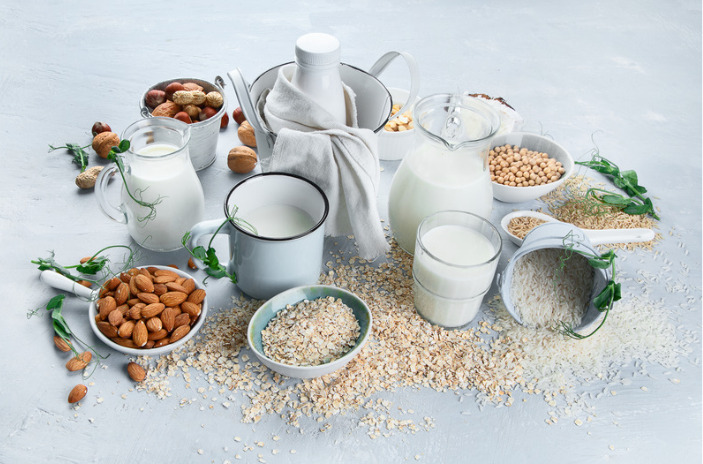
The popularity of plant-based milks is on the rise. According to the Government of Canada, retail sales of milk alternative beverages were valued at US$336.9 million (approximately $450.94 million CDN) in 2020 and are forecasted to reach US$469.8 million (approximately $633.37 million CDN) in 2025. According to data from Mintel, 161 milk alternative beverages were launched in Canada between January 2018 and February 2021. That’s a lot of plant-based options to choose from!
Why choose plant-based milks?
People are choosing plant-based milks for a number of reasons. First, many varieties offer health benefits when compared to cow’s milk. Second, though there is variety in the environmental impact of plant-based milks, they are invariably more earth-friendly when compared with the massive footprint of dairy milk. And of course, since they’re produced from plants, plant-based milks eliminate the need to take food out of the mouths of babes, literally (something to ponder as Mother’s Day approaches).
A word about mothers and milk…
The dairy industry is arguably one of the cruelest forms of animal agriculture. Besides many instances of outright violence, abuse and neglect that have been documented at factory farms, the very nature of procuring milk requires that cows be kept pregnant, and that calves be taken away from their mothers soon after birth so they don’t drink the milk that is then sold to humans. Moving away from supporting an industry that necessitates the separation of mothers and babies is an act of compassion on Mother’s Day, and every day.
Which plant-based milk should you choose?
Most mainstream grocery stores carry a wide variety of plant-based milks—you may see almond, soy, oat, coconut, cashew, hemp, pea, hazelnut, rice, flax, blends, and others.
There’s an exciting world of plant-based milks to explore, but if you’re new to the concept, the options can be overwhelming. Most options are versatile and can be used as a direct swap for dairy milk in most recipes. In the end, preference largely comes down to personal taste and trying different types is the best way to figure out what you like. We’ve put together some points to consider as you’re getting started.
Let’s do a comparison:
This “at-a-glance” chart provides a comparison of five popular types of plant-based milk.
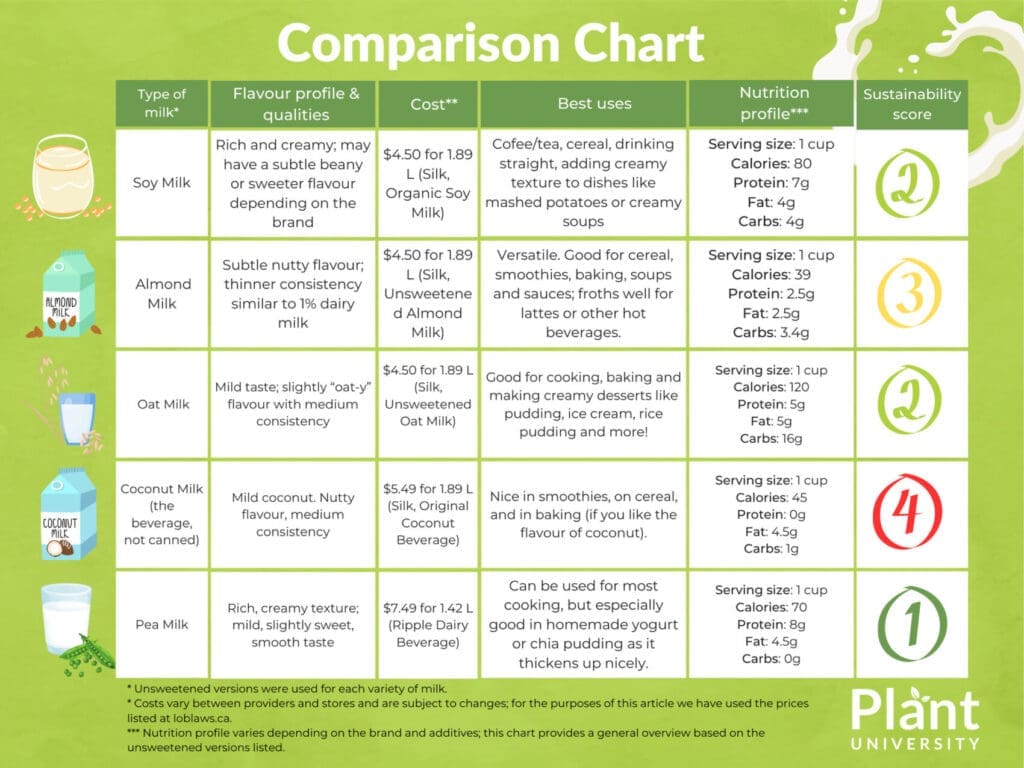
Diving a little deeper…
SOY MILK
Soy milk is considered by many consumers to be the most “dairy-like” in terms of taste and texture. Depending on the brand, soy milk may be quite sweet, even if labelled “unsweetened”. Because of its creamy quality some people prefer soy milk in coffee/tea. It’s also great for cooking when you are looking for a smooth finish, such as in mashed potatoes or soups.
Though the exact nutrition profile varies from brand to brand, generally unsweetened soy milk is similar in terms of calories, fat, protein, vitamin D, calcium and potassium to cow’s milk. Some soymilks are also fortified with vitamins and minerals like vitamins A, D and B12. Because of its nutrition profile many dietitians consider soy a good choice for children (ref).
When it comes to sustainability soy milk gets a good score. It has a comparatively low impact when it comes to water use, GGEs and land use, and because legumes are nitrogen-fixing they are also good for the soil during their growing process. To access the most environmentally friendly soy milk consider choosing a product made from organic soybeans in North America. However, even conventionally grown soy milk is far more sustainable than cow’s milk.
ALMOND MILK
Almond milk is a versatile all-purpose milk that works well in cereal, smoothies, baking, as well as soups and sauces. Due to its pleasant, mild taste it’s also a popular choice for those who like to enjoy a glass of milk straight. Low in fat and calories it’s a good source of calcium and vitamin E, and is often fortified with vitamin D.
Though still miles ahead of cow’s milk on the sustainability scale, almond milk ranks low when compared to other plant-based milks because of the significant water requirements of almond trees, and pressure on commercial bee operations to pollinate almond crops.
OAT MILK
Oat milk has a thicker consistency similar to soy milk. Because it foams nicely it is often used in coffee shops, though some people find it doesn’t cut the bitterness of coffee the way soy milk does. Its mild flavour makes it a good choice for cooking, and it’s a popular choice for people who are sensitive to nuts/seeds/soy.Oat milk is higher in calories and fibre than almond, soy or cow’s milk and is often fortified with B vitamins, calcium, vitamin D and potassium, making it a rich source of nutrients.
Oat milk has been celebrated for its low environmental impact. The production of oats is relatively sustainable since its impact on air, water and soil quality is low. It also has a favourable land-use ratio, and since oats grow in cooler climates, they are not associated with deforestation in developing countries. However, oats are typically grown with harmful glyphosate-based pesticides so purchasing organic is a key consideration if you’re looking to optimize your milk’s sustainability score.
COCONUT MILK
There’s an important distinction to be made between the coconut milk beverage and the canned coconut milk used in cooking. Like other plant-based milks the beverage is versatile and can be used in place of cow’s milk in many dishes, added to coffee or consumed with a chocolate chip cookie! Canned coconut milk, on the other hand, is much thicker and has a much stronger coconut flavour. It is high in fat (including saturated fat) with 57g of total fat per cup. It has some wonderful culinary uses, and is delicious added to curry, soups and desserts. If you refrigerate the can for 24 hours before opening the cream and water will separate and you can use the thick cream to make vegan whipped cream, cheesecake and other decadent desserts.
Because coconuts are tropically sourced the destruction of the rainforest and exploitation of workers are a significant factor when it comes to this milk’s sustainability score. Purchasing certified Fair-Trade products can help mitigate this.
PEA MILK
Pea milk is still a relative newcomer to the plant-based milk scene, but it is growing in popularity quickly. In terms of sustainability and nutrition it may be one of the best choices out there. Made from yellow peas it’s higher in protein than many other plant-based milks, and is a good source of calcium, potassium, vitamin D and iron.
Because pea plants have low water needs, and because they can use nitrogen in the air as nutrients they require less fertilizer than other types of plants, and fertilizer has a large carbon footprint. Once again it’s important to consider where the product is coming from and grown if sustainability is a big deciding factor in your choice of plant-based milk.
Quick Tips
As you’re dipping your toes into the world of plant-based milks, we have a few tips that can help you avoid pitfalls:
1) Read your labels:
As you’re getting started, be sure to look at the label and nutrition information closely. There is plenty of variety, even among different types of milk. They may be sweetened or flavoured, fortified or contain various additives, for example. If you’re looking for a good all-purpose milk, it’s better to go with something unsweetened.
2) Do a taste test:
Some milks have a sweet flavour even if they are unsweetened (and some versions that are labelled “original” still have sugar added). Be sure to taste any milk before adding it to a savoury dish to ensure you don’t end up with a sweeter-than-desired result.
3) Find your favourite:
If you try one type of plant-based milk and aren’t crazy about it, don’t give up! There are plenty of options to choose from and they are all subtly different—it’s just a matter of finding one that suits your tastes.
A couple of easy (and delicious!) recipes using plant-based milk to start you on your way:
With all the health, environmental and compassion-related benefits they offer, it’s clear that plant-based milks are here to stay. With so many choices in grocery stores and corner stores everywhere, it’s easier than ever to find one that suits your taste and make the switch. We’d love to hear YOUR thoughts on plant-based milks. Which ones are your favourites? How are you using plant-based milks in your life?
Don’t forget to subscribe to get free weekly plant-based recipes right in your inbox! You can unsubscribe at any time.
More posts like this
3 ways to get involved in Canada’s first official Veganuary
Happy New Year! Veganuary 2025 is here!
Embrace the challenge: join Veganuary 2025!
New research finds plant protein equal to animal protein for building muscle
For years, many people thought animal protein (like beef or chicken)…
Chat with Ebenezer Odeniyi, vegan advocate and online cook
I’m an online cook; here’s how I advocate for plant-based eating…
I’m a photojournalist; here’s how I advocate for animals using the power of imagery
I’m a photojournalist; here’s how I advocate for animals using the…

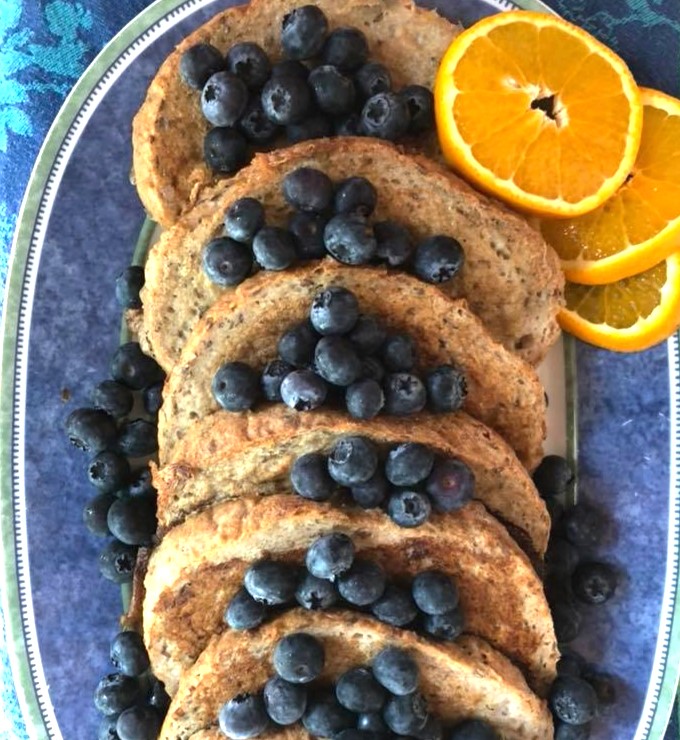
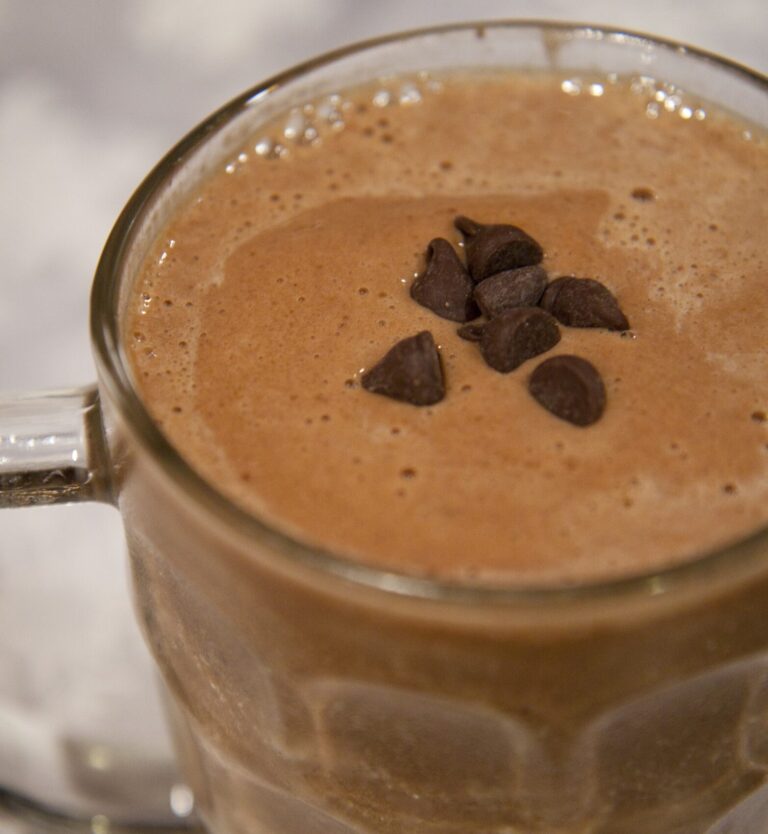
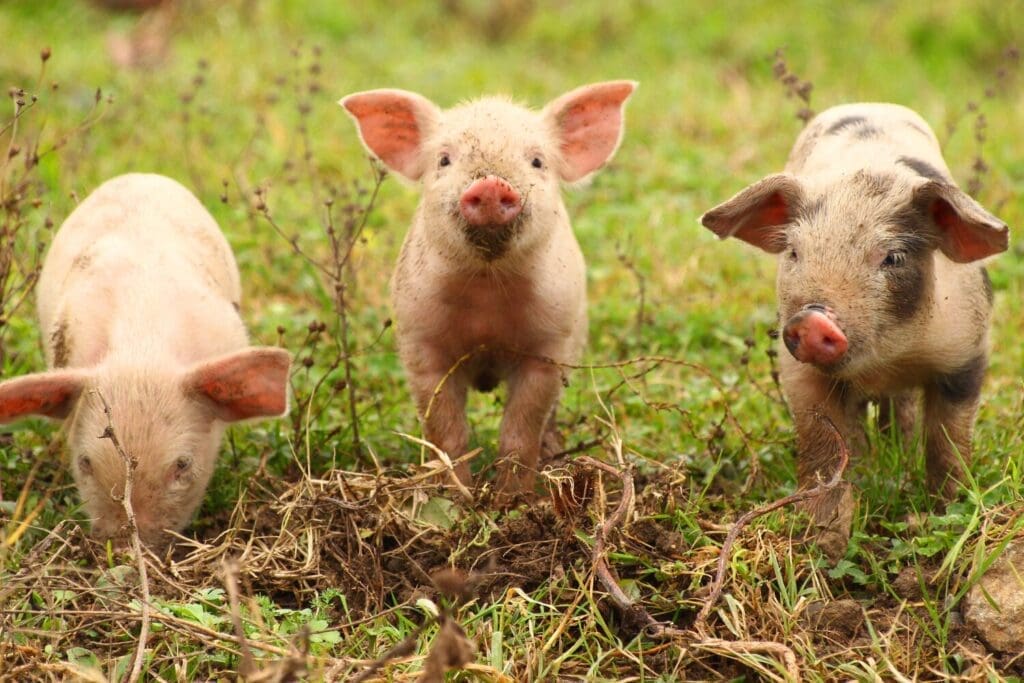

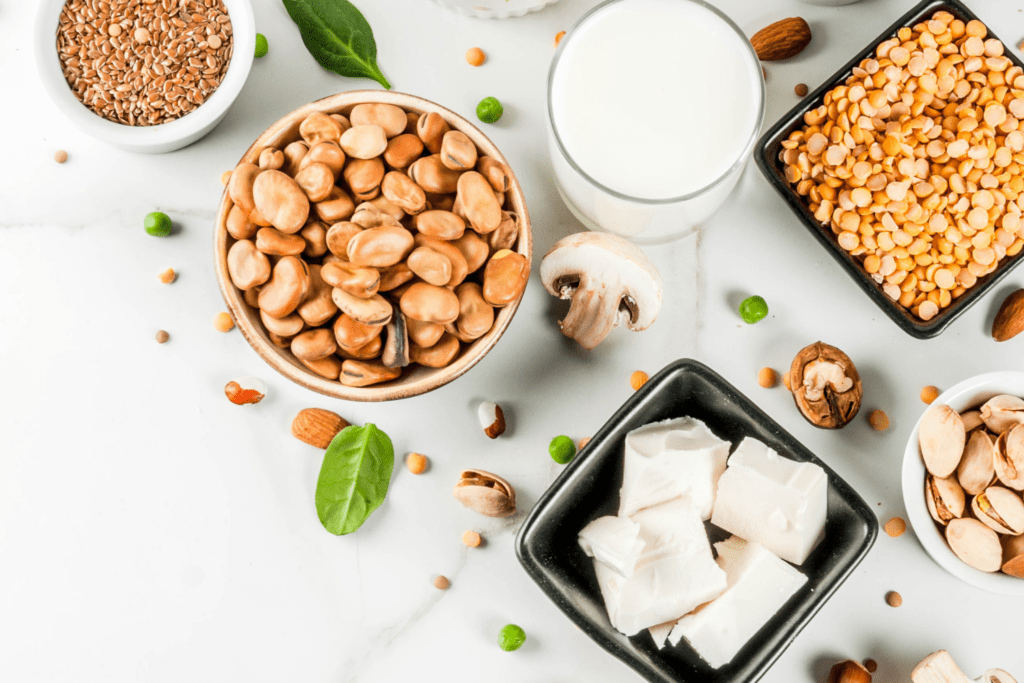


Leave a Reply